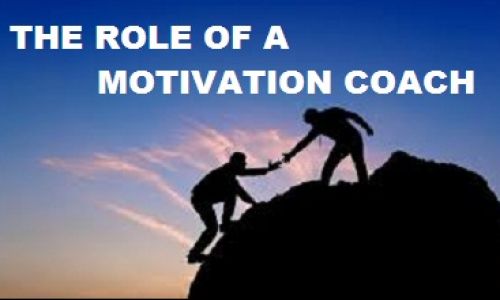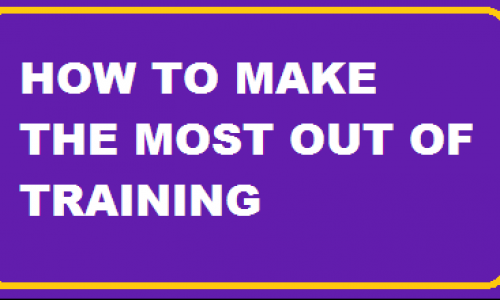Motivating team members is one of the biggest responsibilities that rest on the shoulders of modern day managers, here is a primer for you to ace it.
As a motivational coach, your target is to empower your participants, encouraging optimism and hope, by working to develop their sense of confidence about being able to change, as well as helping them see how change is likely to result in desired outcomes for themselves and others.
The focus of a motivation session is change – but one that is not lead by you.
* Motivation coaching sessions are a joint exercise and not a discourse. If your conversation starts becoming non-collaborative, you will see signs of resistance building up; this is a warning for you to change track and reignite the empathic and collaborative relationship.
If you overestimate the importance your participant places on changing, or their confidence or readiness to change, or talks and acts in ways, which reduce the participant’s sense of control or autonomy, then resistance may be triggered.
* During a motivation session you try to draw things out from the client, rather than putting things in the participant’s mind.
Things evoked by the participants may include concerns about the current situation, reasons for the change, ideas for changing, and ideas for staying changed.
The more your participant comes up with ideas, reasons, and arguments; the more likely change will occur – in contrast to you telling them why and how to change.
* Motivational sessions are meant to be accepting and compassionate.
The approach hinges on freedom for the participant; the coach never forgets that the participant is the active decision maker, exploring options and deciding what they want to with their lives.
* Best motivation coaches don’t fix things for others.
This usually helpful natural predisposition commonly gets in the way of empathic, non-judgmental relationships, and can trigger resistance and reactance as your session participant may feel their autonomy is being undermined by the coach’s attempt at being helpful.
* As a motivation coach, seek to understand and explore your participant’s motivation by asking them open questions and following these up with empathic listening statements, more questions, affirmations, and a summary at times.
By using empathic listening skills and by further exploring these motivations, and then building on the “change talk” you may help build and further strengthen your participant’s motivation for change.
Courtesy: www.humanresourcesblog.in
Arghaa Hr Technologies
Arghaa HR Technologies flagship division of Arghaa HR Solutions LLP is a Management Business Process Organization managed by highly stupendous professionals from across industries, is bound towards facilitating Organizational Renovation, Managing Human Side Changes eventually creating.
Arghaa Hr Technologies, Flat no1, shreenath apartment, sevilimedu
Kanchipuram
Tamilnadu
631502
India
Kanchipuram
Tamilnadu
631502
India



